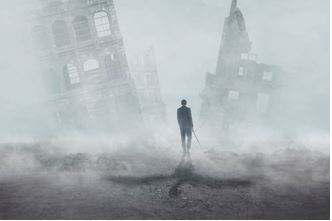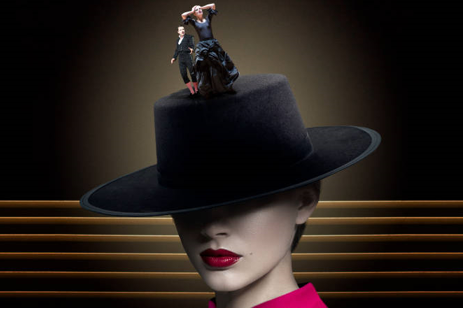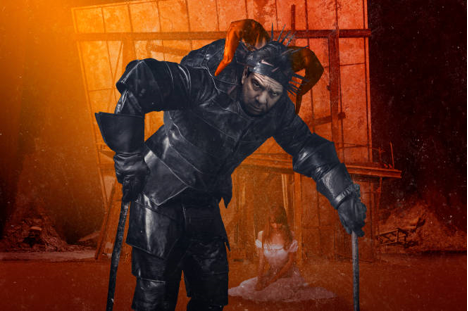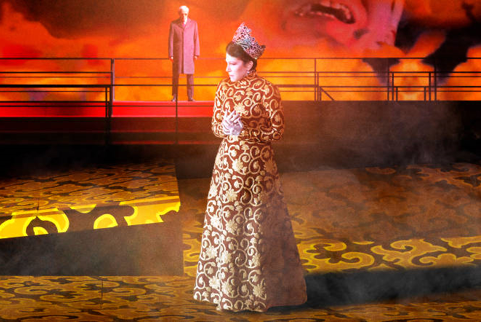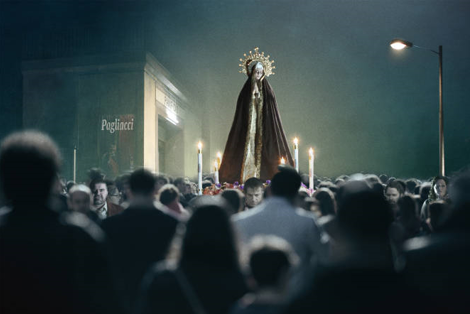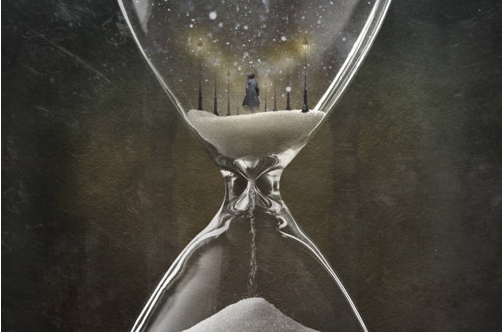Giuseppe Verdi’s premiere of the opera Simon Boccanegra in Venice in 1857 was not a popular success. Indeed it was not until a major revision unveiled in 1881 in Milan, that Boccanegra finally became part of the standard operatic repertoire – a quarter of a century after its opening.
Welcome to Opera Spy
Here, I post my reviews and document my love of opera. I hope you enjoy it. Please feel free to comment on any of my posts or contact me if you wish to.
Have a nice stay!
David Buchler










